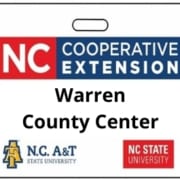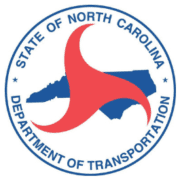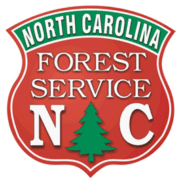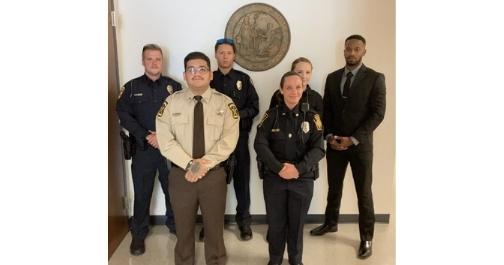Brandon Bishop wants to make sure that the cadets in the basic law enforcement training classes he oversees understand some key concepts about what it means to be a police officer.
Bishop wants the officers-in-training to have the communication tools they need in order to avoid having to use a weapon or other means of force when they’re on duty.
As director of Basic Law Enforcement Training and Law Enforcement Training at Vance-Granville Community College, he brings the experience of almost two decades in uniform with the Henderson Police Department. He was a lieutenant for six years and he holds a degree in social work.
Bishop is implementing some of those “soft” skills into the BLET classes, including courses like “Duty to Intercede,” “Surviving Verbal Conflict,” and “Facilitating Mental Health Training.”
He described the program on Tuesday’s Town Talk with John C. Rose and said tomorrow’s law enforcement officers must be able to interact with citizens – it’s important to be able to talk to people, get to know them and understand them. Basic communication skills are a must-have to achieve the goal, he said.
Most folks who pursue law enforcement as a career are service-oriented people, he said. Helping people and helping to make a difference in their communities are just part of a profession that provides “the integrity and status they’re looking for,” Bishop said.
Obviously, police officers are charged with enforcing the law, but through effective communication, law enforcement officers also can help people make good choices.

(VGCC PHOTO) – VGCC Basic Law Enforcement Training Class 112 graduates included, in front (from left), Jose Angel Deleon and Jennifer Quick; and in back (from left), Reed Danehy, Kameron Gregory, Regina Andranowska and LeDrevion Richardson; not pictured: Kaleb Evans
“We try to get them to understand that we all need to get along,” Bishop said. “The best way to do that is to help each other through our problems. I try to teach our cadets that we’re more there to help people solve their problems than to solve them for them.”
It’s not all theory and lecture in the program, Bishop said. The cadets use a firearms simulator, which he describes as a giant, 3-D video game, that trains cadets and agency officers in the use of force options. It’s a way to reinforce what they’ve learned in the classroom about communication, which can de-escalate a situation before it gets out of hand. The goal is “to alleviate our use of force incidents and injury to officers and others they are dealing with,” Bishop said. It gives cadets a chance to see exactly what they may face on the street.
Similarly, a driver training simulator allows for cadets and experienced officers as well the chance to get initial training or a refresher on driving vehicles to avoid obstacles all the way to driving in pursuit or other emergency situations. “It’s as close to real-life situations as possible, without the inherent dangers,” Bishop said.
During his time with the Henderson department, he was primarily assigned to the patrol division. He also was a supervisor for the Street Crime unit and the interdiction team and spent 15 years on the department’s tactical team – a team he helped to create and on which he worked all positions, including team commander.
And now, he’s helping guide cadets and prepare the next generation of law enforcement officers to deal effectively with the communities they will serve and protect.
“It’s a challenging career, but it’s a rewarding career,” he said.
The next class is scheduled to begin Jan. 18, 2022 and will wrap up in mid-May. Interested in learning more? Contact Bishop at bishopb@vgcc.edu or phone 919.738.3263. Visit www.vgcc.edu to see more about the BLET program.
Click Play to Hear More










